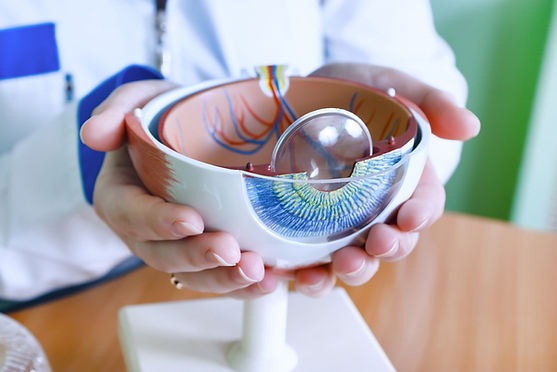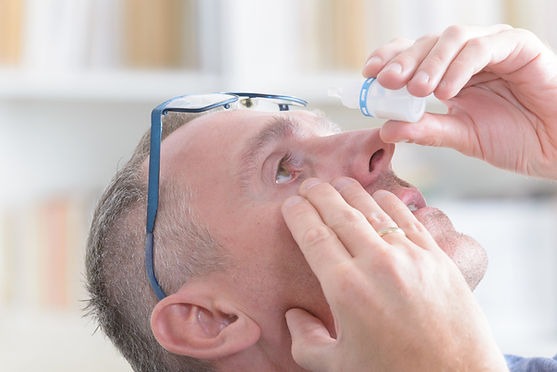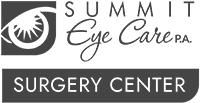
If you have been diagnosed with cataract, we’ll determine the extent of your condition and develop a completely personalized treatment plan. We’ll use the most advanced technology to achieve the best possible outcome.
STANDARD VS. LASER CATARACT SURGERY
Standard cataract surgery involves the surgeon making an incision, by hand, into the eye. After the incision is made, a probe is used to emit ultrasound waves that soften and break up the lens into little pieces so they can be removed. In Laser Cataract Surgery, a laser makes the incision into the eye and is used to soften and break up the lens. This results in less energy being emitted into the eye, which reduces the amount of inflammation and decreases your recovery time. The video below will help explain the differences between these two procedures.
After deciding between Standard or Laser Surgery, you will be asked which of these three types of lenses you would like inserted into your eye:
MONOFOCAL LENSES have the same power throughout the entire lens. Most patients that have a monofocal lens inserted into their eye will require eyeglasses for distance and near vision tasks.
TORIC LENSES help to correct for astigmatism. A toric lens helps to decrease dependency on glasses for distance vision but may require glasses for near tasks.
MULTIFOCAL LENSES are similar to bifocal eyeglasses. Several areas of the lens have different powers, which allows you to see clearly at far, intermediate, and near distances.

WHAT TO EXPECT AFTER CATARACT SURGERY
Although cataract surgery is performed in an outpatient setting, you will need someone to drive you home. You may need help for a few days after the procedure because of limitations on bending and lifting.
It is normal to feel itching and some mild discomfort after cataract surgery. You may also have temporary tearing and sensitivity to light. Avoid rubbing or pressing on your eye. Try not to bend from the waist to pick up objects on the floor and don’t do any heavy lifting. You can walk, climb stairs, and do light household chores.
Several eye drops will be prescribed to help facilitate the healing process. During this time, your eye health and vision will need to be monitored.
Once your eyes have healed, your doctor will evaluate if you need eyeglasses or contact lenses for optimum vision. Most people need to wear glasses after cataract surgery, at least for some activities.
If you did not receive a multifocal lens implant, you will also need a lens prescription for reading and close work. This may be reading glasses, bifocal, or progressive lenses.
Following cataract surgery, you will still need regular eye and vision exams to monitor your eye health and vision.







